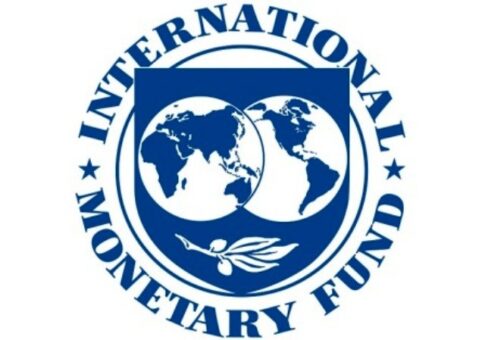Washington, DC – April 29, 2024 – In a significant boost for Pakistan’s economic stability, the Executive Board of the International Monetary Fund (IMF) approved an immediate disbursement of $1.1 billion.
This decision marks a crucial phase in Pakistan’s ongoing financial support arrangement with the IMF, bringing the total funds disbursed under the Stand By Arrangement (SBA) to approximately $3 billion.
The SBA, initially set for 9 months and approved on July 12, 2023, has provided Pakistan with a strong policy foundation to address both domestic and external financial imbalances. Additionally, the arrangement has facilitated a framework that aids in securing further financial assistance from various multilateral and bilateral partners.
The IMF’s program for Pakistan has concentrated on several key areas including fiscal adjustment to maintain debt sustainability, safeguarding critical social spending, stabilizing the foreign exchange market to eliminate shortages, and aggressive disinflation strategies through stringent monetary policies. Structural reforms particularly in the energy sector, state-owned enterprise (SOE) governance, and enhancements in climate resilience are also significant components of the arrangement.
Current economic indicators show promising improvements; Pakistan expects a growth rate of 2% in FY24, spurred by recovery momentum in the latter half of the fiscal year. The country has notably achieved a primary surplus of 1.8% of GDP in the first half of FY24, surpassing initial projections and setting a firm course towards the fiscal year-end target of 0.4% of GDP. Although inflation rates remain high, they are on a downward trajectory, with an anticipated drop to around 20% by the end of June.
Following the board meeting, IMF Deputy Managing Director and Chair, Antoinette Sayeh, highlighted the progress made under the SBA, noting the return of moderate growth and easing external pressures. She emphasized the importance of continuing with robust macroeconomic policies and structural reforms to foster sustainable and inclusive growth. Sayeh also stressed the need for ongoing external support to build on the stability achieved.
Key points of her statement include the commendable revenue performance and spending discipline which have been central to achieving the significant primary surplus. Continued efforts in revenue mobilization and expenditure management are crucial for meeting future fiscal targets and allowing for increased social and development expenditures.
The stabilization of the energy sector’s circular debt through timely tariff adjustments and improved collection methods was acknowledged. However, Sayeh urged further cost-side reforms to enhance the sector’s sustainability.
Maintaining a tight monetary policy is deemed necessary until inflation levels normalize. Sayeh also called for further improvements in the FX market and the adoption of a market-determined exchange rate to buffer against external shocks and support economic competitiveness and growth.
The IMF’s approval of the immediate disbursement underscores the significant strides Pakistan has made in its economic reforms. It also signals a clear pathway for the continuation of fiscal and structural reforms aimed at achieving robust, long-term growth and financial stability, which are imperative for the well-being of the Pakistani population.
